Ângela Santos
Independent Conservator and Restorer / Conservation Scientist
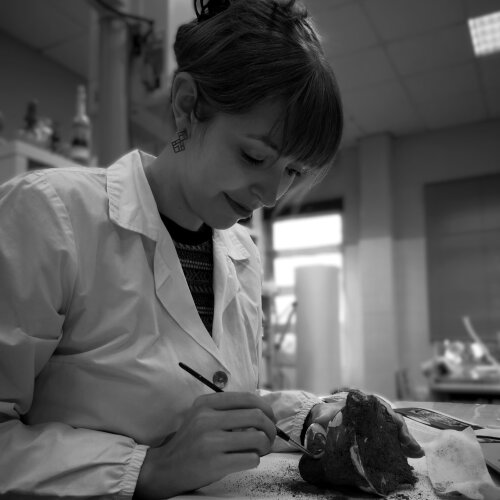
Ângela Santos is an independent conservator-restorer of glass and ceramic artefacts from Portugal. During her PhD in Conservation and Restoration of Cultural Heritage – Conservation Science, she studied the technology of production and preservation of painted magic lantern glass slides at the Department of Conservation and Restoration and Research Unit VICARTE – Glass and Ceramics for the Arts (NOVA University of Lisbon), research later integrated in the MAGICA project (www.magica-project.com). Since her Bachelor's and Master's degrees in Conservation and Restoration at the same university, she has been focused on the analytical characterization of materials, their preservation, and the study of the history and techniques of artistic production, particularly on painted glass, including stained-glass, glass painting materials, and painted magic lantern glass slides, having published numerous journal articles and book chapters.
Artur Duda
Nicolaus Copernicus University
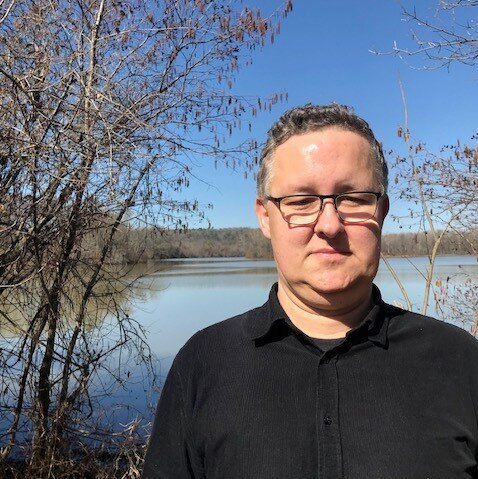
Artur Duda (born 1973) is a theatre and performance researcher, theatre critic, and university professor at Nicolaus Copernicus University Toruń, Poland. His main academic interests are Eastern European contemporary theatre (e.g. Frank Castorf, Eimuntas Nekrošius, selected Polish directors), theatre, and other live performances, such as human media and theories of theatre and performance. He is the author of several books: Teatr realności (Theatre of Reality, 2006), Performans na żywo jako medium i obiekt mediatyzacji (Live Performance as a Medium and a Mediatized Object, 2011), Teatr w Toruniu 1904-1944. Opowieść performatyczna (2020, on Polish and German theatre in the city of Nicolaus Copernicus); and co-editor of Teatr wśród mediów (Theatre Among Media, 2015). He is a DAAD Fellow (Free University Berlin, 2001, supervisor: prof Erika Fischer-Lichte), constant collaborator of the Polish monthly Teatr and quarterly Pamiętnik Teatralny. Together with Prof. Barbara Bibik, he is co-leader of the Research Team Performance Studies/Drama Translation Studies. Since 2018, he is a constant collaborator of the Research Center for Eastern European Theatre, founded by Shanghai Theatre Academy (the conference on Polish theatre from Jerzy Grotowski to Krystian Lupa; anthologies of Polish contemporary drama in Chinese with academic introductions).
Bart G. Moens
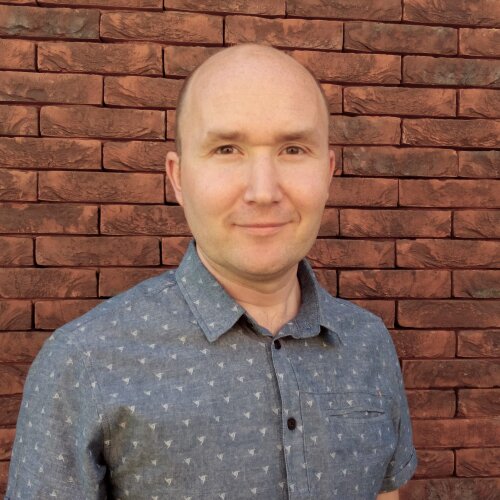
Bart G. Moens is an art and media historian whose research focuses on the interaction between the arts and popular visual media of the late nineteenth and early twentieth centuries. He obtained his PhD from the Université libre de Bruxelles in 2023 with a study of melodramatic structures of feeling in optical lantern culture within the EOS project B-magic. Since 2023, he has been a postdoctoral researcher at the University of Antwerp, initially in the ERC project Science at the Fair; and currently with his project A Culture of Display, on immersive optical media in Northwestern Europe.
Benjamin Verhoeven
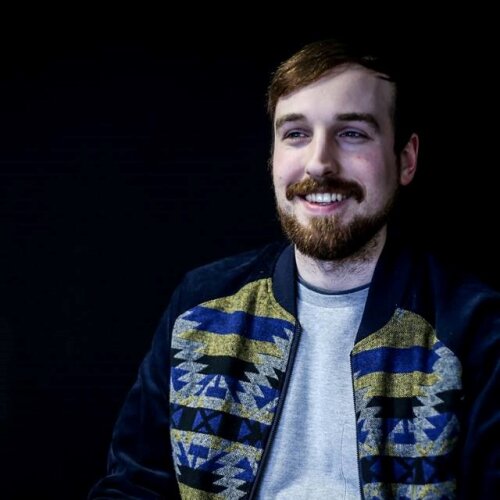
Benjamin Verhoeven is a theatre maker, director and teacher. He worked as a theatre educator for a number of companies, including Opera Ballet Vlaanderen and hetpaleis(Flanders’ largest youth theatre). Today, he is a teaching assistant in Theatre & Performance Studies at the University of Antwerp. Verhoeven also has his own theatre collective, FLATLAND, with which he makes audiophile theatre. Within the network group Game|Play (an initiative of CiASp and ULB), he is further exploring research on video games.
Deirdre Feeney
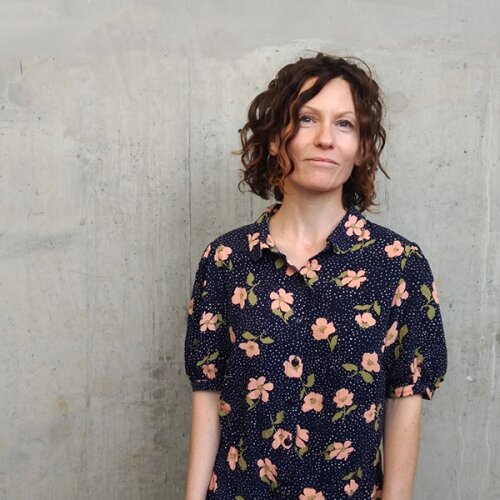
Deirdre Feeney is a cross-disciplinary artist and Senior Lecturer at the School of Art & Design, Adelaide University. Her research interests include the materiality of image making, media archaeology, and the history of optics. Deirdre’s practice-based research collaborates across disciplines of physics, fabrication and electronic engineering to develop optical image systems. Her creative works incorporate old and new technologies and technological ideas, from Renaissance natural magic to nineteenth-century optical mechanics. With a background in glass-making and the projected moving image, Deirdre uses materials such as glass and mirrors to develop image systems that physically and emotionally engage the viewer.
Erkki Huhtamo
University of California Los Angeles
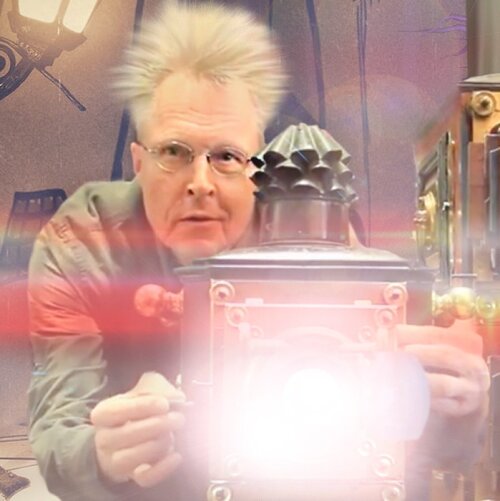
Erkki Huhtamo is Professor of Design Media Arts, and Film, Television, and Digital Media at the University of California Los Angeles (UCLA). He is a world renowned media scholar and a founding figure of media archaeology. He is also a major collector of items related to the early history of visual media. Professor Huhtamo has lectured worldwide, curated exhibitions, directed television programmes, and published widely in over ten languages. His most important book to date is Illusions in Motion: Media Archaeology of the Moving Panorama and Related Spectacles (The MIT Press, 2013).
Gitte Samoy
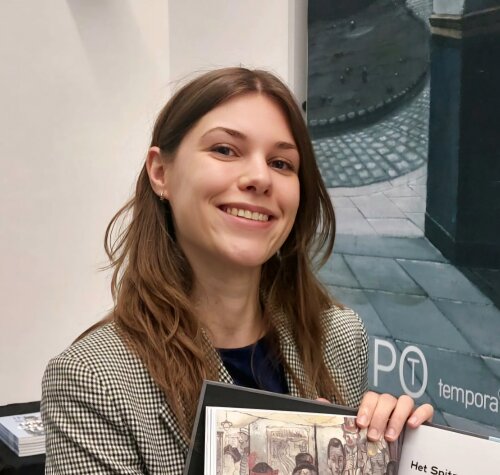
Gitte Samoy is a PhD student at the University of Antwerp as part of the EU-funded project “Science at the Fair” that investigates the role of itinerant entertainment in the circulation of knowledge in Western Europe, 1850-1914 (www.scifair.eu). Her subproject titled “Spectacular Bodies: Performing Anatomy, Medicine and Anthropology” focuses on performance and materiality in the circulation of knowledge and on the ways in which these popular science performances could challenge and/or confirm ideas and values in relation to sickness and health, gender, race and class through the display of (non)-normative bodies.
Guido Devadder
LUCA School of Arts - KU Leuven
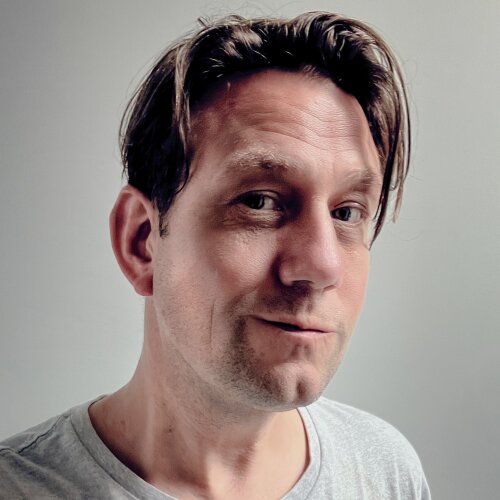
Guido Devadder is an artist and PhD researcher at LUCA School of Arts in Brussels, where he also teaches at the Department of Audiovisual Arts. A fascination for the idiosyncrasies of obsolete visual media and abandoned modalities of creating and perceiving moving images is at the core of his research. Combining old and new, his work explores the materiality in contemporary moving image art and tries to formulate a meta-critique on the slippery concepts of reality and illusion through animation.
Hannah Welslau
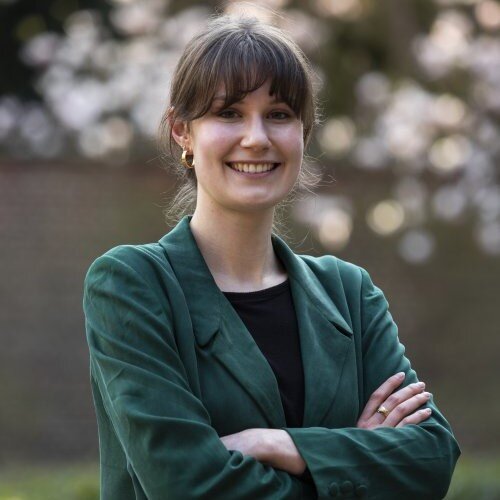
Hannah Welslau is a doctoral researcher at the University of Antwerp. She is currently preparing a doctoral dissertation titled ‘Staging the Supernatural: The Role of Theatre, Science and Media in the Rise and Fall of Spiritualist Performances in Belgium, 1830-1930.’ Her research finds itself at the intersection of cultural history and performance studies, and aims to understand the dynamics between spiritism and popular entertainment in Belgium. Her research is funded by the Research Foundation Flanders (FWO - project number 1150423N).
Kurt Vanhoutte
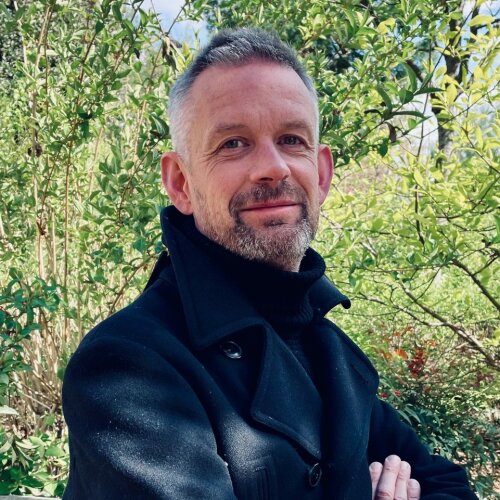
Kurt Vanhoutte is professor and chair of theatre and film studies at the University of Antwerp. His research focuses on the interplay of performance and science. Currently, he is spokesperson-coordinator of B-magic, an EOS (Excellence of Science) programme enabling an interdisciplinary consortium to study the magic lantern and its impact as a visual mass medium between instruction and entertainment. He is also Principal Investigator in Historical Bias, a project researching ideological bias through intersectional analysis of past data (c.1800-c.1940). Vanhoutte has published many book chapters and articles in journals including Early Popular Visual Culture, Contemporary Theatre Review and Foundations of Science.
Leen Engelen
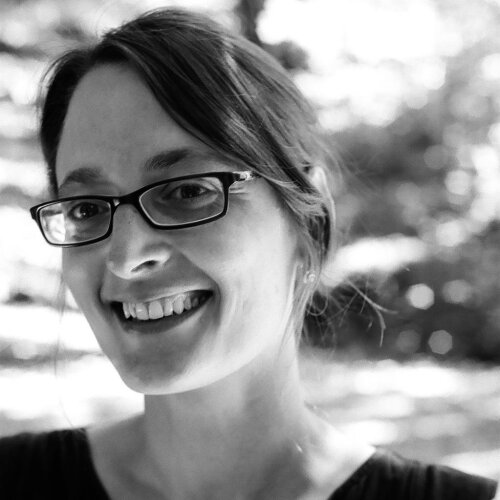
Leen Engelen holds a PhD in Social Sciences from KU Leuven and conducts research in the field of film and media history and the history of visual culture. She published on a diversity of topics – history of cinema in Belgium, media and film during the First World War, cultures of spectacle, panorama’s and ephemera such as film posters and postcards – in several academic books and journals. She has a special interest in archives, cultural heritage and digital access. Among other projects, she collaborated with the Royal Zoological Society of Antwerp and with the Heritage Department of the city of Leuven. In 2019, Leen was awarded the Annual Prize for Science Communication by the Royal Flemish Academy of Belgium for Science and the Arts (KVAB).
Marjan Doom
Ghent University Museum & Botanical Garden
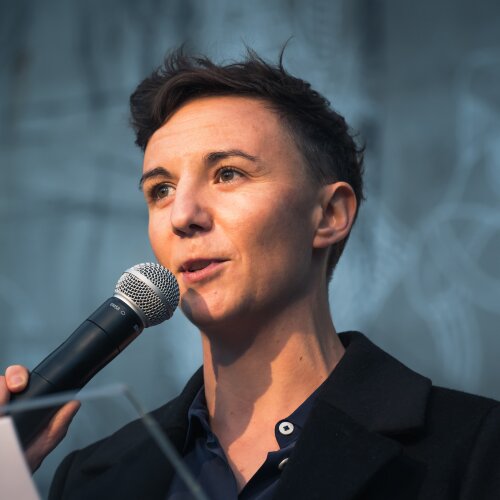
Marjan Doom is director of Ghent University Museum & Botanical Garden. She is Master in Veterinary Medicine and holds a PhD in anatomy. As director of the museum, she sets out its mission and vision, in which the crossovers between science and art play a prominent role. GUM aims to evoke reflection on critical thinking and the process of knowledge creation through scientific and artistic research, rather than to clarify research output.
Melissa Ferrari
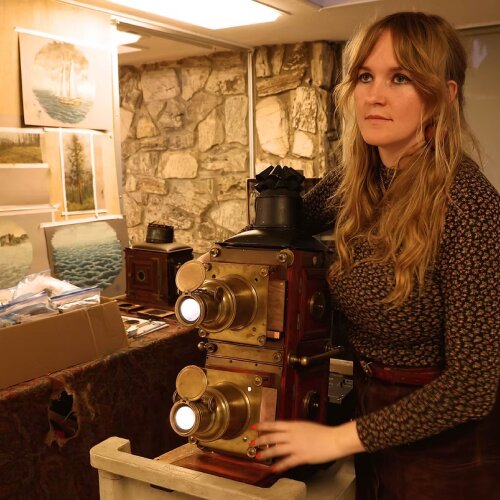
Melissa Ferrari is a moving image artist, magic lanternist, and Professor of Interdisciplinary Arts at College of the Atlantic (Maine, USA). In exposing peripheral histories and folklores of the past, she aims to unveil the wonder that lies in the shadow of nonfiction, rather than fiction. Her practice engages with the mythification of science, pseudoscience, and phantasmagoria. Melissa’s films and magic lantern performances have been shown internationally in venues such as Hot Docs, The Exploratorium, UnionDocs, Hauser & Wirth LA, Baltic Analog Lab, Ottawa International Animation Festival, and Ann Arbor Film Festival. She received an MFA in Experimental Animation from CalArts.
Melissa Van Drie
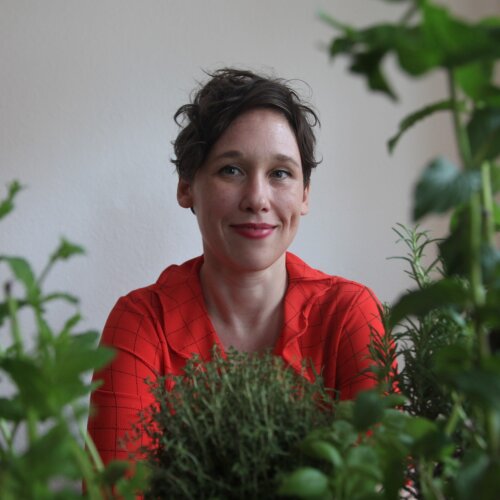
Melissa Van Drie is a cultural historian and performance artist interested in sensory and somatic practices of knowledge production. She works on how sound, hearing and listening are important aspects of worldmaking for both humans and nonhumans. Her PhD (Université Sorbonne Nouvelle – Paris 3) explored the intersections of science and theatre in the elaboration of nineteenth-century sound media. Subsequent postdocs and grants in Performance Studies and Music, STS, Media Archeology, and Environmental Humanities permitted further research on the roles and regimes of the senses in histories of art, health, food, and multispecies ecologies (Cambridge, U. Copenhagen, EHESS, CNRS, U. Maastricht). She is currently the first Orpheus Fellow within the new programme Futures in Artistic Research.
Monica van der Haagen-Wulff
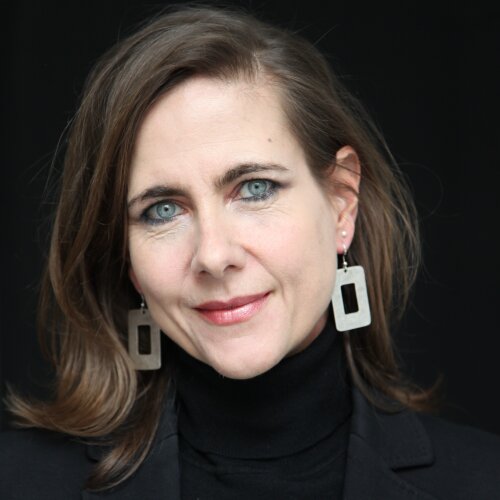
Monica van der Haagen-Wulff, Doctor of Creative Arts (DCA), is an Associate Lecturer at the Chair for Education and Cultural Sociology in the Department of Education and Social Sciences at the Faculty of Humanities, University of Cologne. Her teaching and research interests include: Cultural Studies, Post-/Decolonial Feminist Theories, Intersectionality, Migration, Affect, Theories of Embodiment, Fictocritical Writing, Critical Heritage und Historical Memory Studies. Monica has an intercultural dance and performance background and her main research focus is on how practice and theory can be merged to create new knowledges, and in so doing decentre Eurocentric knowledge constructions. She is interested in questions of critical heritage, exploring, in particular, the possibilities of embodied ways of understanding and remembering history. She has published in international academic journals, but she also considers performance as part of her theoretical output and has performed in Australia and internationally.
Nele Wynants
Antwerp Research Institute for the Arts (ARIA), University of Antwerp
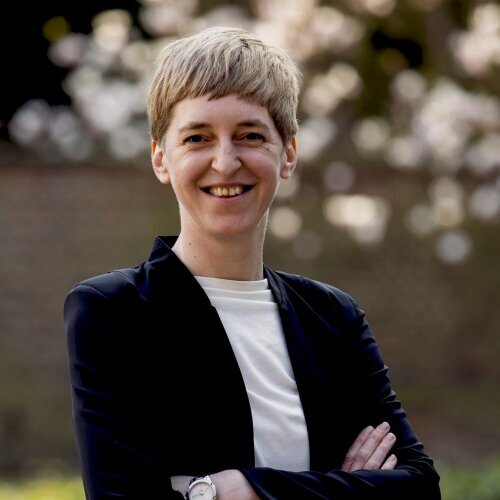
Nele Wynants is assistant professor at the Antwerp Research Institute for the Arts (ARIA), University of Antwerp. As an art and theatre scholar, she focuses on the interactions between performance, media and science and their overlapping histories. She coordinates the EU-funded project ‘Science at the Fair: Performing Knowledge and Technology in Western Europe, 1850-1914’. She is a member of the Young Academy of Belgium (Flanders) and the Project Management Board of B-magic, a large-scale research project on the magic lantern in Belgian history. As editor-in-chief of FORUM+ for research and arts, she is also involved in contemporary practice-based research and research in the arts.
Rod Bantjes
St. Francis Xavier University
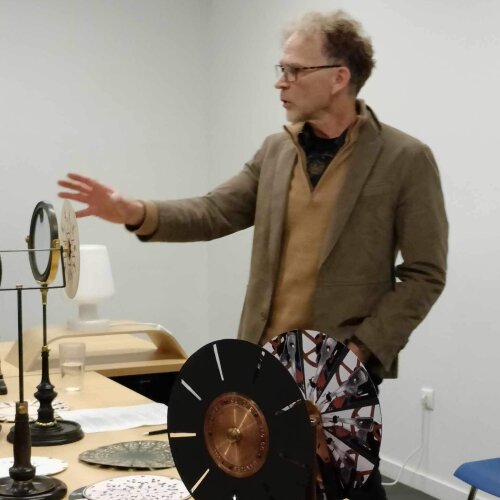
Rod Bantjes is a Senior Research Professor at St. Francis Xavier University, Nova Scotia, Canada. He is author of two books and numerous journal articles on environmental social movements and state formation. In 2014 his interest shifted towards media archaeology and its application to understanding changing conceptions of space, perception, and epistemology. This work has been published in The History of Ideas, Art History, History of Photography, Technology and Culture, Early Popular Visual Culture, the International Journal of Film and Media Arts, and Cinémas. In 2017 he began building and experimenting with optical devices and disseminating his research findings through interactive workshops in addition to traditional academic papers.
Susana S. Martins
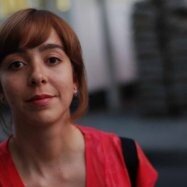
Susana S. Martins is an Assistant Professor in Contemporary Art and Museology at the Art History Department and a Senior Researcher at the Institute of Art History (IHA), FCSH, Universidade NOVA de Lisboa, where she coordinates the research group MuSt-Museum Studies. Trained as an art historian, she completed her doctorate in photography and cultural studies at the Katholieke Universiteit Leuven, under the supervision of Prof. Jan Baetens, and as a researcher of the Lieven Gevaert Centre for Photography, Art and Visual Culture. Martins has been working on cultural studies, namely on the intersection of photography with literary, printed, and exhibition cultures. Her research covers photographic and travel books, Portuguese national identity, urban textualities, and exhibition discourses, among other topics. She has authored several publications on these themes and worked with different cultural institutions, museums and curatorial projects.
Tim Overkempe
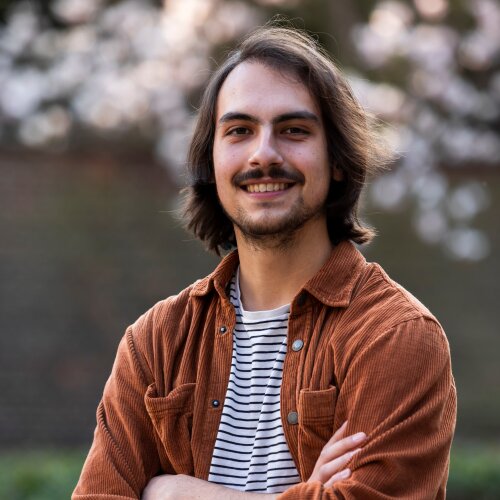
Tim Overkempe is PhD researcher in the project Science at the Fair: Performing Knowledge and Technology in Western Europe, 1850-1914 at the University of Antwerp. His research focuses on science and technology at the fairground, particularly the introduction of new media spectacles, such as X-ray or cinema. Overkempe has a background in History & Philosophy of Science, in which he obtained his degree at Utrecht University. His research interests include the history of the (long) nineteenth century, social history, cultural memory and the interplay between (digital) media and cultural heritage.
Victor Flores
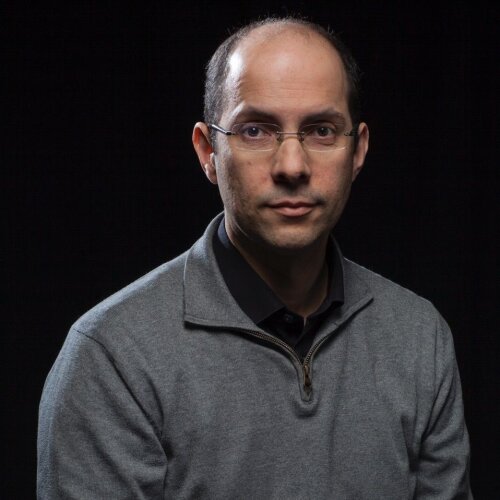
Victor Flores holds a PhD in Sciences of Communication from Nova University of Lisbon. He is an Associate Professor and Head of the PhD Program in Media Arts at Lusofona University, in Lisbon. He currently works as a full time researcher at the research centre CICANT, where he runs the Early Visual Media Lab. He is the founding organizer of the International Conference on Stereo & Immersive Media: Photography, Sound and Cinema Research, and the principal editor of the corresponding International Journal on Stereo & Immersive Media. He currently lectures on graduate and postgraduate courses in photography, visual culture and media arts. Since 2015 he has curated several exhibitions dedicated to stereoscopic photography.